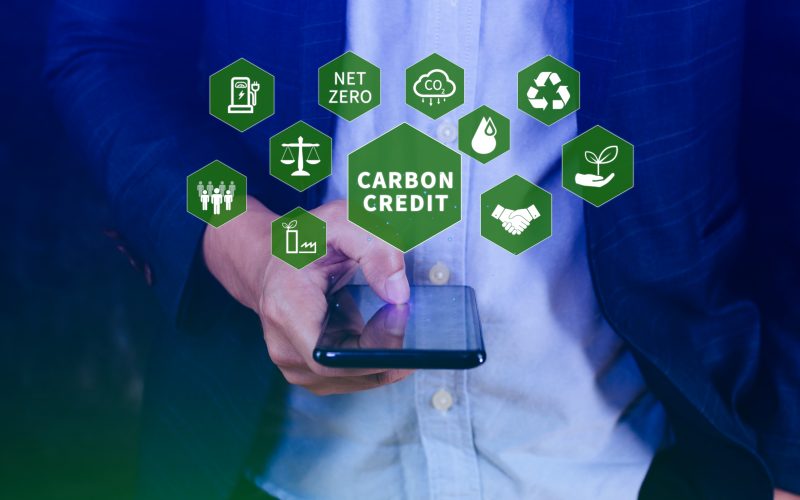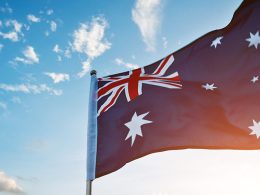Singaporean authorities have urged companies to exhaust all feasible options for reducing their carbon emissions before turning to carbon credits, in newly released draft guidelines aimed at strengthening credibility in the voluntary carbon market (VCM).
The advisory was jointly issued by the National Climate Change Secretariat, the Ministry of Trade and Industry, and Enterprise Singapore. The eight-page draft guide was published online on 20 June and is open for public consultation until 20 July.
The guidance targets firms considering the use of carbon credits as part of their voluntary decarbonisation efforts. It emphasises that such credits should only be used to offset residual emissions and not as a substitute for direct emissions reductions.
One carbon credit typically corresponds to one tonne of carbon dioxide either removed from the atmosphere or prevented from being emitted. Credits are broadly classified as nature-based—such as those from reforestation projects—or technology-based, like those promoting cleaner cookstoves.
Importantly, the draft makes clear that credits purchased in the voluntary market will not count towards Singapore’s national climate targets, as they fall outside of the regulated compliance market. Compliance credits, which can be used by carbon tax-liable companies to offset up to 5% of their taxable emissions annually, must be sourced from projects in countries with bilateral agreements with Singapore. These currently include Paraguay, Bhutan, and Ghana.
In contrast, voluntary credits are unregulated and have come under scrutiny for inconsistent standards. A 2023 investigation by The Guardian found that over 90% of rainforest-related voluntary credits failed to deliver genuine emissions reductions.
Responding to growing concerns, the Singapore Government’s draft guide outlines criteria for what constitutes a high-quality credit, including robust verification, registration with a reputable registry, and safeguards against double-counting or fraud. Companies are also encouraged to transparently disclose details of the credits they purchase, including the project type, location, registry used, and rationale for their use.
In a joint statement, the three government bodies acknowledged that “the growth of carbon markets has been constrained by a lack of standardisation,” adding that confusion over industry-led benchmarks has eroded confidence and led companies to hold back due to reputational concerns.
Experts welcomed the move. Mr Rueban Manokara, global lead for carbon finance and markets at the World Wide Fund for Nature, said the draft provides clarity on what constitutes “high integrity” in carbon credit use. “By offering clarity… it may give companies more confidence to include carbon credits as part of their climate action,” he said.
Associate Professor Daniel Lee, director of the Carbon Markets Academy of Singapore at Nanyang Technological University, added: “Such clarity is important because there are many conflicting opinions out there on the role of carbon credits, including views that suggest carbon credits are simply greenwashing.”
The draft document forms part of Singapore’s broader strategy to provide clearer frameworks and raise standards in climate-related corporate practices, while supporting the credible use of voluntary carbon markets in meeting net-zero goals.





















